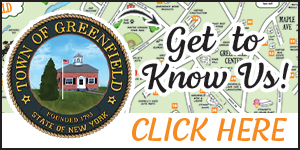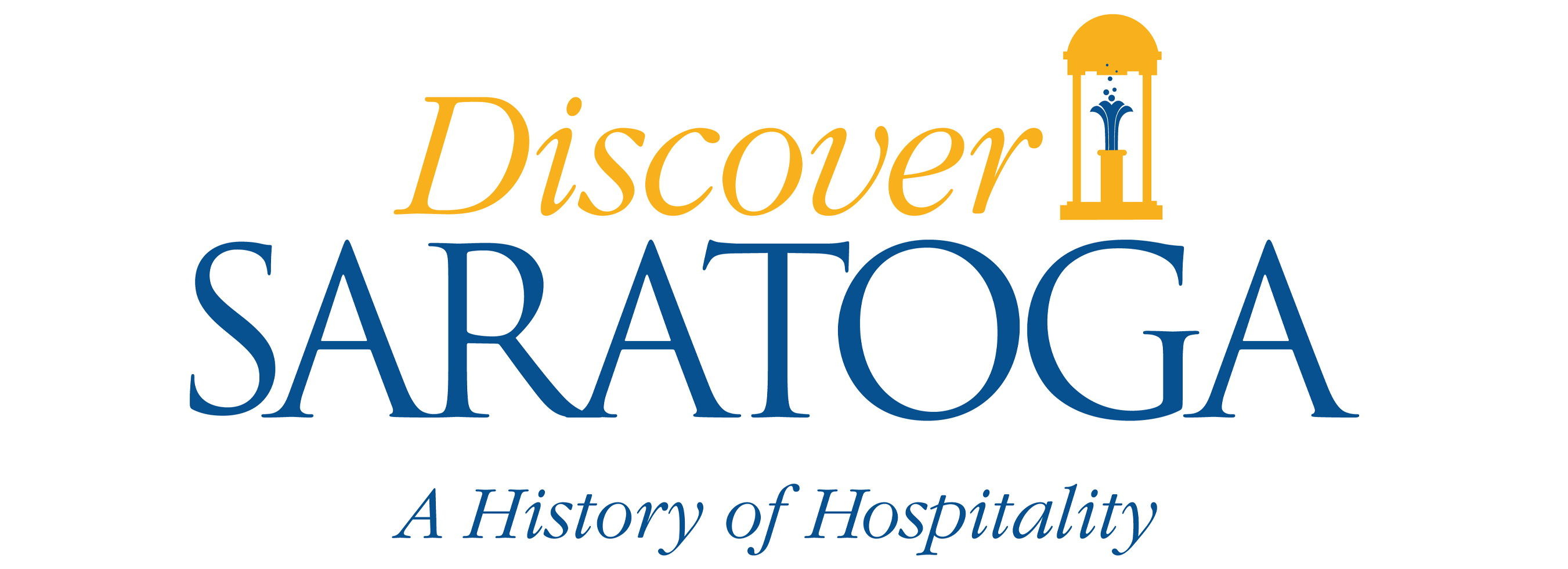NYS Education Commission’s Eight Key Recommendations
-
Provide high quality full-day pre-kindergarten for our most at-risk students;
Create statewide models for “Community Schools” that use schools as a community hub to improve access to public, non-profit, and private services/resources, like health and social services, for students and their families;
Transform and extend the school day and year to expand quality learning time for students, especially in underserved communities;
Improve the teacher and principal pipeline to recruit and retain the most effective educators;
Build better bridges from high school to college and careers with early college high schools and career technical education;
Utilize all available classroom technologies to empower educators to meet the needs of a diverse student population and engage students as active participants in their own learning;
Pursue efficiencies such as district consolidation, high school regionalization and shared services to increase student access to educational opportunities; and
Increase transparency and accountability of district leadership by creating a performance management system.
The recommendations, if implemented this fall, could shake up several aspects of New York’s education system.
Some of the key recommendations include creating a full-day pre-kindergarten for at-risk students, extending the school day and year to expand learning time for students, creating statewide models for “community schools” that use schools as a community hub to improve access to public, non-profit, and private services/resources, and a proposal for a bar-like assessment for prospective teachers along with a performance management system for district leadership.
According to the commission’s report, New York spends more than any other state on education, but still lags far behind in student achievement and graduation rates. The dropout rate in the state is 26 percent, but that rate jumps even higher in low-income schools and areas.
"An abundance of research finds that investing in high quality pre-kindergarten programs has a positive long-term impact on children’s life outcomes, helps narrow the achievement gap between poor and affluent youngsters, and provides benefits to children and the taxpaying public that outweigh its costs,” according to the commission’s report.
The commission isn’t just recommending changes for youngsters—the report is also suggesting raising the bar for new educators, a change that is supported by the American Federation of Teachers (AFT).
Currently, prospective teachers and leaders in New York face no test of academic proficiency as a criterion for admission to teacher or principal preparation programs, and candidates don’t need to pass a basic skills assessment requirement until they are ready to apply for licensure. The commission wants to change this by adding an assessment for prospective teachers to take, along with tougher admissions requirements into teaching or graduate programs.
“I am pleased that the commission included an AFT proposal for a bar-like assessment for prospective teachers to ensure that the people who teach our children are well prepared for the job,” said AFT president Randi Weingarten. “This assessment would replace today’s patchwork of pre-service tests as well as require prospective teachers to show a clinical-based understanding of how to teach before walking into a classroom.”
The commission recommended that New York require programs to use an assessment, such as the GRE or equivalent for graduate programs or the SAT/ACT for undergraduate programs, in tandem with a minimum 3.0 GPA (instead of a 2.75 GPA) requirement to demonstrate that candidates are academically competitive with all peers, regardless of their intended profession.
Another major change listed in the report is the possibility of extending the school day and possibly school year for all public schools. The report states that the public education system is based on agrarian and factory traditions and has not been updated to the way the public works in modern society.
Currently, students in kindergarten through sixth grade only have to be in school five hours a day, while students from seventh to 12th grade attend school for five-and-a-half hours. Students must be in school for only 180 days out of the 365 days of the year, essentially giving them around a total of six months off of school every year.
Massachusetts has begun an initiative in recent years called the Expanded Learning Time Initiative, which provides $1,300 per student to participating schools that submit a higher quality plan to expand learning time and enrichment programs. The program began in 2006 and has spent about $50 million to date in state support for 19 public schools, serving a total of 10,500 students in nine districts. The Center for American Progress and Mass2020 found that expanding the learning time to low-income students in Massachusetts’ public schools increased student proficiency on state assessments an average of 20 points, according to the report.
Expanding on Massachusetts’ success, the commission is recommending that New York “explore replicating a similar model for school districts that develop plans to improve student achievement by expanded learning time initiatives that add at least 25 percent more time of quality programming to their school calendar.”
Though the commission held public hearings in the ten regions of New York, all of the recommendations released in this report are only preliminary, and are subject to change before the commission releases its Final Action Plan this fall. Until then, the commission will continue to research and engage with New Yorkers to develop possible further recommendations on how to improve the state’s public education system.


























 How to resolve AdBlock issue?
How to resolve AdBlock issue? 









